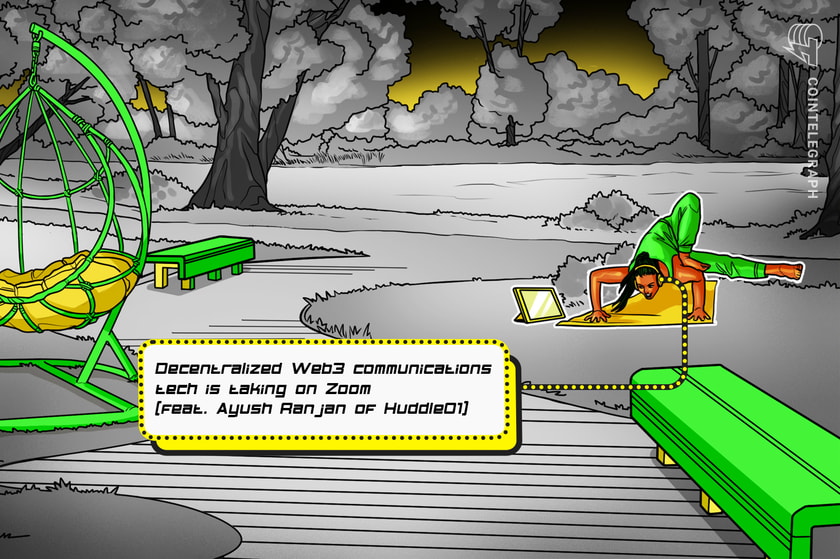Hong Kong central bank warns against crypto firms using banking terms
The HKMA said that funds placed on unlicensed “crypto banks” are not protected by the region’s deposit protection scheme.
1227 Total views
7 Total shares

The Hong Kong Monetary Authority (HKMA) has issued a warning to users that crypto businesses presenting themselves as banks and using banking terminology could be violating the region’s banking laws.
In a press release, the HKMA said that using certain banking terms may be misleading the public, causing users to think that the crypto firms are authorized banks in Hong Kong. However, the central bank highlighted that under the region’s banking laws, only licensed institutions are allowed to carry out banking or deposit-taking businesses in Hong Kong.
The central bank warned the public that firms describing themselves with words like “crypto bank,” “digital asset bank,” and “crypto asset bank” or claims to be offering banking services or banking accounts may be breaking the law.
According to the HKMA, other than authorized institutions, it’s unlawful for persons or businesses to use the word bank in the name or descriptions of their companies. In addition, facilitating the taking of deposits without the proper license is also a violation of the law.
The HKMA reminded the public that crypto firms, which are not banks, are not supervised by the central bank. This means that funds placed within the so-called “crypto banks” are not protected by the region’s deposit protection scheme.
Related: Hong Kong’s crypto stance: Execs weigh in on Web3 in the region
Hong Kong has recently been cracking down on violators of its licensing laws. On Sept. 15, the region’s Securities and Futures Commission (SFC) issued a warning against crypto exchange JPEX for allegedly promoting its products and services in Hong Kong without securing a license or applying for one.
Following the SFC’s warning, the exchange’s staff seemingly disappeared from its Token 2049 booth in Singapore. It also ramped up its withdrawal fees to up to 999 Tether (USDT), a move that tried to discourage users from retrieving their funds from the exchange.
Magazine: China’s blockchain satellite in space, Hong Kong’s McNuggets Metaverse: Asia Express








